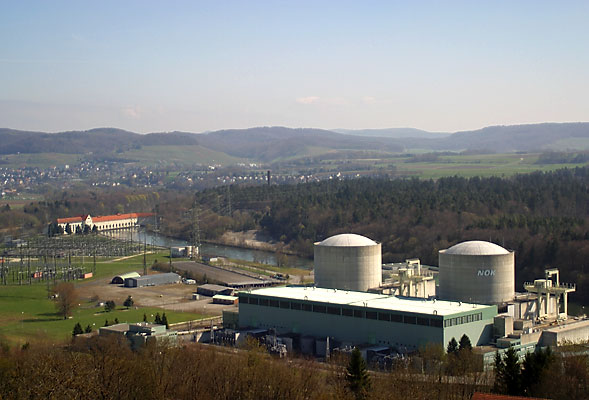
For a balanced and just transition, we consider that near term decisions to support accelerated decarbonisation of our electricity grid, should be balanced with the longer term needs of the whole energy system to ensure intergenerational equality and resilient, secure low-cost operations over decades.
Please find our latest press release in which Dr. Philip Rogers, Director at Equilibrion, has highlighted our position in an open letter to Fintan Slye, Director of ESO, underscoring the necessity of a balanced energy approach including nuclear, to build a resilient and sustainable energy system for future generations.
Equilibrion advocates for the inclusion of nuclear energy in achieving the UK’s 2030 clean power targets and beyond. “To meet our environmental goals and ensure energy security, it is critical that nuclear energy plays a central role in our national strategy,” stated Dr. Philip Rogers, Director at Equilibrion.
In response to the recent ‘SOS’ titled open letter from Ed Miliband and Chris Stark to Fintan Slye, Director of the National Grid ESO, calling for independent advice on achieving the 2030 clean power goals outlined, Dr. Rogers has penned his own open letter to Fintan Slye, engaging further in the dialogue about the UK’s clean energy goals.
Within the letter, Dr. Rogers emphasises the importance of incorporating nuclear energy due to its reliability and low carbon emissions. “As we plan for 2030 and beyond, integrating nuclear power will provide the stable and sustainable energy foundation necessary for our clean energy grid,”
“The choices we make up to 2030 are crucial not just for meeting imminent targets but also for setting the groundwork for sustainable energy deployment to ensure intergenerational equity for both current and future populations” Dr. Rogers said “Our concern is that the sprint for 2030 will result in decisions that are detrimental to the long term, thus repeating the cycle of short-term thinking that in particular has plagued the nuclear sector, resulting in major underinvestment over the preceding decades and now a frantic rush to rebuild the sector.”
Highlighting the challenges of relying increasingly heavily on renewable resources, Dr. Rogers points out the importance of a diverse and resilient energy system that balances the limitations of wind and solar with other technologies to overcome intermittency and the impact on grid stability. “Whilst we support the use of renewable energy sources in various applications, over-reliance on wind and solar will be entirely insufficient to tackle the climate crisis, even with the most ambitious of roll out.” Dr. Rogers added.
Rogers is advocating for a balanced approach that leverages both renewable and nuclear energy to create a resilient, decarbonised energy system. This strategy not only addresses the immediate needs but also sets a sustainable course for future generations.
“Whilst this decade is critical, the true measure of our success will be in our sustained efforts beyond 2030. We get what we build for, and we welcome an open dialogue to support the development of a clean energy system that benefits all.”




